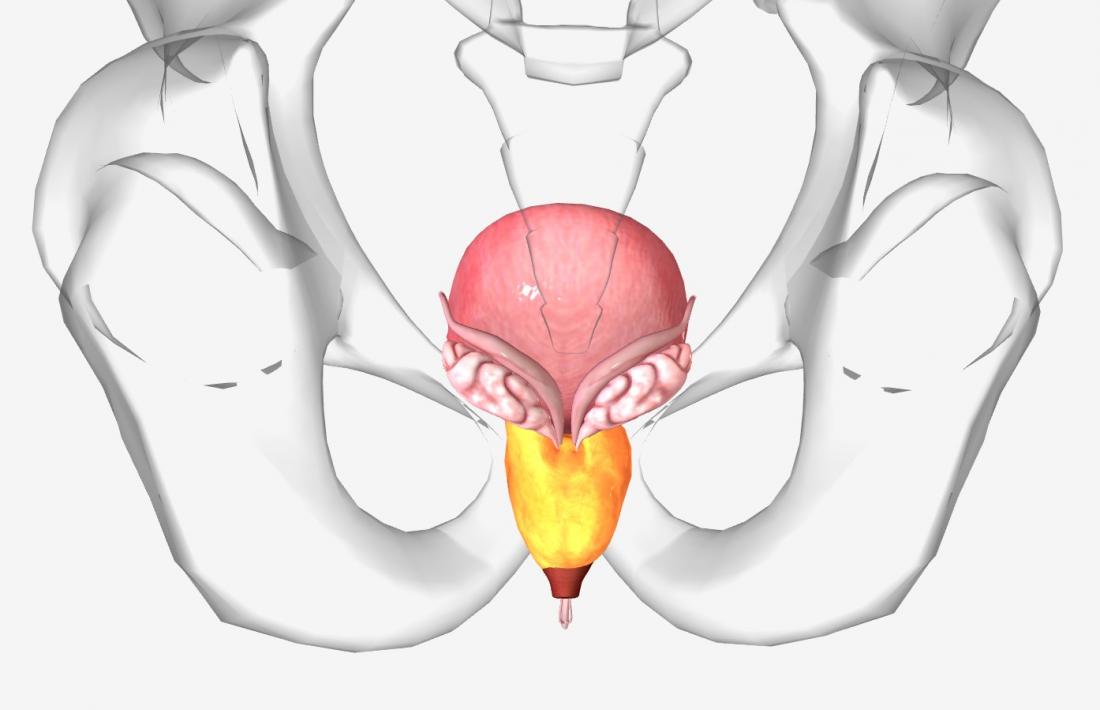Benign prostatic hyperplasia (BPH) is a common condition that affects many men as they age and is characterized by enlarged prostate gland which can lead to different urinary symptoms, and with increased awareness of ensuring reproductive health effective management strategies may become necessary to maintain quality of life in affected individuals.
There may be many different approaches to BPH management, which includes lifestyle adjustments, medical treatments and surgical options, and through proper management, men can reduce the impact of BPH on their daily lives and enhance their overall well-being. Understanding the condition and its treatments are vital for both patients and healthcare providers.
What is benign prostatic hyperplasia?
Managing (BPH) effectively is critical to alleviating symptoms and maintaining a healthy quality of life, and BPH is defined as a condition in which the size of the prostate gland grows, leading to various symptoms such as difficulty urinating, frequent urination and low urinary flow, and the prostate gland is a nut-sized gland located below the bladder and in front of the rectum and surrounds part of the ureal stream.
Urethra is a tube that carries urine and sperm out of the body. When prostate volume grows, it can hinder the flow of urine and sperm. This causes discomfort and disrupts daily activities but is benign and this means that it is not cancerous.Some symptoms that appear in some of the most serious cases also indicate prostate cancer.
BPH management may effectively require a holistic approach that may involve lifestyle changes and medications such as Actiflow dietary supplement that clearly contribute to solving this problem.

Does having benign prostatic hyperplasia increase the risk of prostate cancer?
Research suggests that while BPH does not increase the risk of prostate cancer, the two conditions share similar symptoms, and therefore men diagnosed with BPH may suffer from undetected prostate cancer.
It is essential for all individuals with prostate to undergo annual prostate tests, especially between the ages of 55 and 69, as for people at increased risk, such as black individuals or those with a family history of prostate cancer; Tests should start at age 40.
Managing (BPH) effectively is vital and drugs like Actiflow can help alleviate symptoms of BPH, which makes it necessary to stay vigilant.
Regular checks, together with effective management strategies, also play an important role in the early detection and treatment of prostate-related issues, and management (BPH) effectively provides better health outcomes and ensures that potential complications are addressed.
How common is benign prostatic hyperplasia?
Benign prostate hyperplasia (BPH) is a widespread condition, affecting approximately 50% of individuals with prostate at age 60, and in case of symptoms it should be accelerated in treatment.
Management (BPH) is critical to improving quality of life, and is one of the effective treatment options is Actiflow, which can help alleviate symptoms.
Effective management of benign prostate inflation should be a priority for those affected, ensuring timely intervention and improving health outcomes for those with this common condition.

What are the warning signs of benign prostatic hyperplasia?
Effectively managing benign prostate hyperplasia is critical to alleviating the symptoms associated with prostate hyperplasia. When the prostate is enlarged due to BPH, it can prevent the urethra, this mt leads to early symptoms such as slow or dodgy during urination and difficulty starting urination, incontinence, sudden urgency, incomplete bladder discharge, discomfort during or after hurling.
Changes in urine colour and smell may occur, and the search for treatment options such as Actiflow can greatly help in management (BPH) effectively and this helps to reduce these uncomfortable symptoms and improve the quality of life in general.
What causes benign prostatic hyperplasia?
One prevailing theory suggests that as men age, testosterone levels may decrease, while estrogen levels remain stable, and this is what this hormonal imbalance leads to the expansion of prostate cells.
It is worth noting that individuals taking supplemental testosterone may experience the development or aggravation of symptoms of BPH, and male-appointed older adults at birth (AMAB) tend to have higher levels of dehydrotestosterone (DHT), a more effective type of testosterone that contributes to prostate inflation.
In order to do the treatment of this problem it is necessary to choose effective treatment, as treatment options such as Actiflow can help alleviate symptoms and improve the quality of life for patients.

Read More: Boosting Testosterone Levels Naturally
How is benign prostatic hyperplasia diagnosed?
To manage (BPH) effectively the diagnosis must be made as follows:
- The doctor asks the relevant questions and then a physical exam is performed, which includes a digital test of the rectum.
- The doctor will gently insert a glove finger into the rectum to examine the surface and size of the prostate and any irregularities that may indicate the presence of cancer.
- Do a physical examination which is by doing many diagnostic tests, which can include a symptom severity survey to assess the extent to which BPH affects your life.
- They also conduct a urine flow test, which measures the speed of the urine stream, and an assessment to determine the amount of urine left in the bladder after urination.
- Bladder endoscopy where the doctor allows to visually examine the inside of your bladder.
Benign Prostatic Hyperplasia requires a comprehensive management approach that combines lifestyle changes, medical treatments, and regular monitoring to enhance the quality of life for affected individuals.

